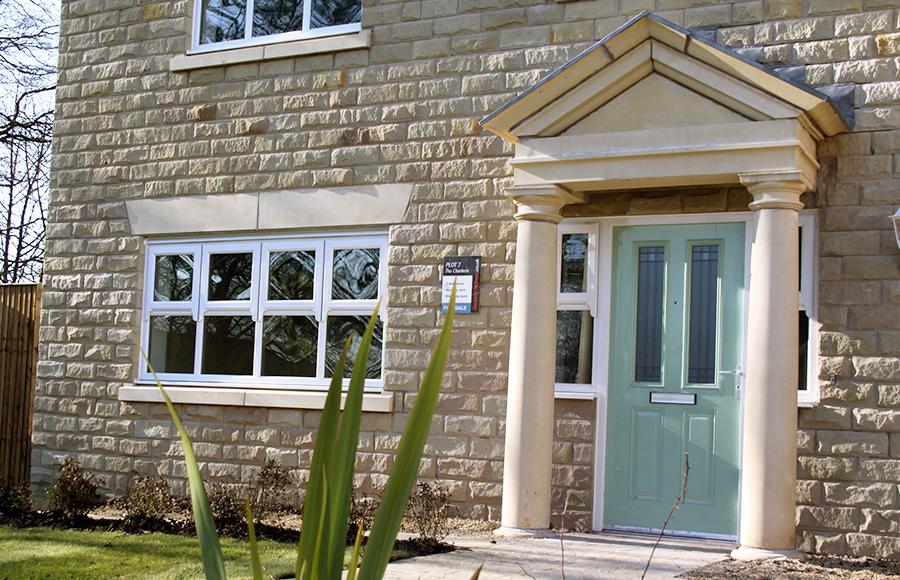Double Glazing vs Triple Glazing: Which is Right for You?
20th December 2024
20th December 2024

When selecting the ideal windows for your home, there are several key factors to consider. One of the most important decisions is choosing between double glazing and triple glazing. Each option has its own advantages and disadvantages, and understanding these differences can help you make an informed choice. In this guide, we’ll explore the pros and cons of double and triple glazing, along with the materials available for window frames.
Double glazing consists of two panes of glass with a layer of air or gas- often argon- sealed between them. This design provides enhanced insulation and soundproofing compared to single glazing. The trapped air or gas acts as a barrier, reducing heat transfer and preventing cold air from entering your home. Double glazing is a popular choice for homeowners seeking to improve energy efficiency and reduce noise pollution.
Triple glazing builds on the principles of double glazing by adding a third pane of glass. This extra layer enhances thermal efficiency and soundproofing even further. The additional pane creates two more layers of air or gas, significantly reducing heat transfer and improving insulation. Triple glazing is especially recommended for homes in colder climates or areas with high levels of external noise.
When evaluating the environmental impact of double and triple glazing, it’s important to consider both the embodied and operational carbon footprints.
Research shows that the choice of window frame material has a larger impact on the total carbon footprint than the choice between double and triple glazing. Wooden frames have the lowest embodied carbon footprint, followed by uPVC and aluminium. While triple glazing has a higher embodied carbon footprint due to additional materials, its lower operational carbon footprint can offset this over time—typically within 20 years, regardless of frame type.
Cost is a key factor when deciding between double and triple glazing. Triple glazing is generally more expensive due to the additional materials and manufacturing involved. However, its long-term energy savings and enhanced comfort may justify the higher upfront cost for some homeowners.
Both double and triple glazing improve thermal comfort by reducing heat loss and eliminating cold drafts. Triple glazing provides superior insulation, helping to maintain a more consistent indoor temperature. Its enhanced soundproofing properties also make it an excellent choice for homes in noisy areas.
Beyond carbon footprint, cost, thermal comfort, and noise reduction, keep the following in mind when choosing windows:

Choosing between double glazing and triple glazing ultimately depends on your needs and priorities. Double glazing is a cost-effective solution that provides significant energy savings and comfort. Triple glazing offers even better insulation and soundproofing but comes with a higher price tag. Consider factors such as climate, budget, and personal preferences to determine the best option for your home.
At A1 Glass & Glazing, we offer an extensive range of double and triple glazing products in various styles and materials, including uPVC and aluminium. Our windows are designed to enhance your home’s appearance, performance, energy efficiency, and safety.
Whether you opt for double or triple glazing, our team of experts is here to guide you in finding the perfect solution for your home. Contact us today or use a free personalised quote to explore your options. We look forward to helping you improve your home with our high-quality glazing products.